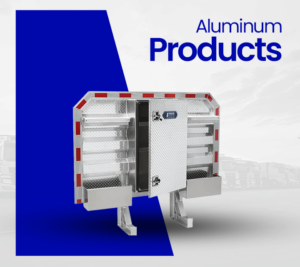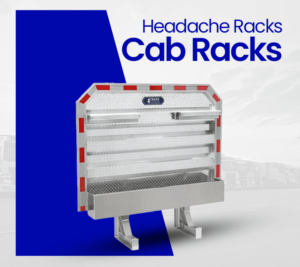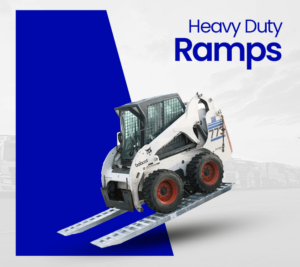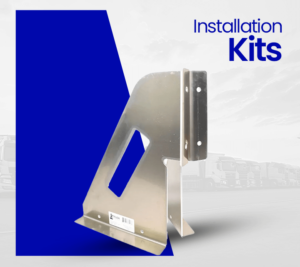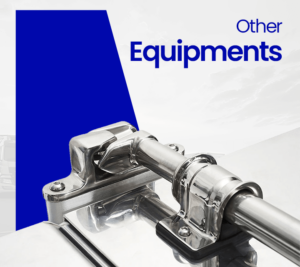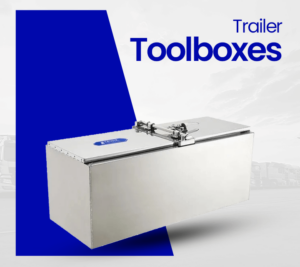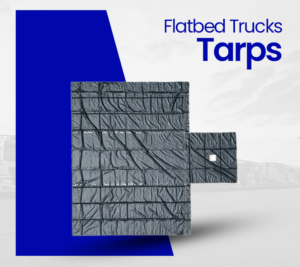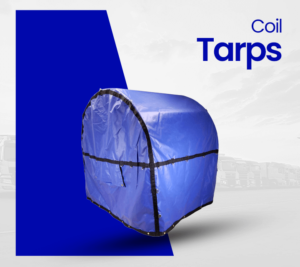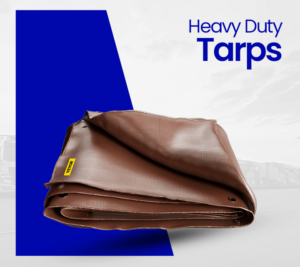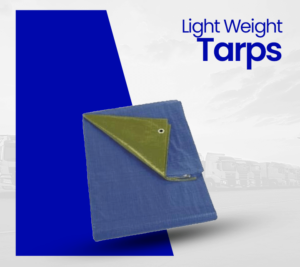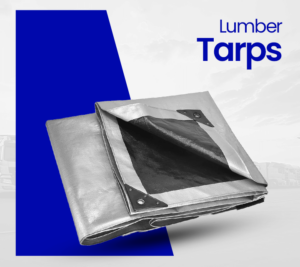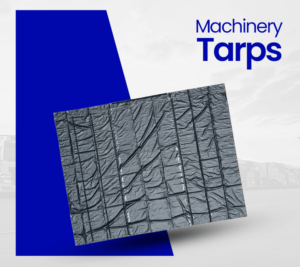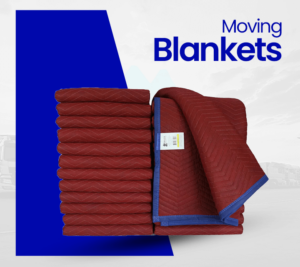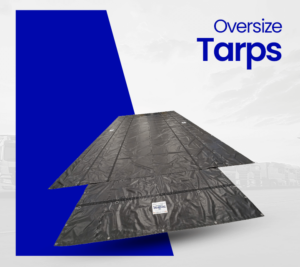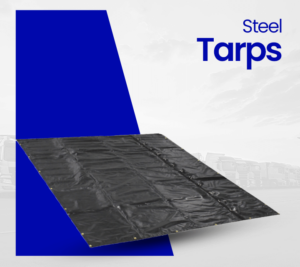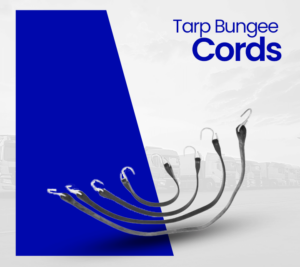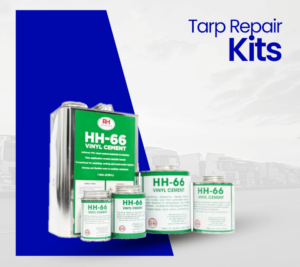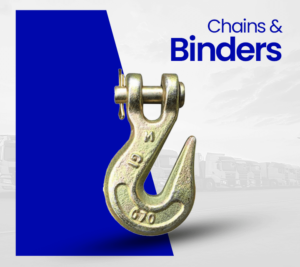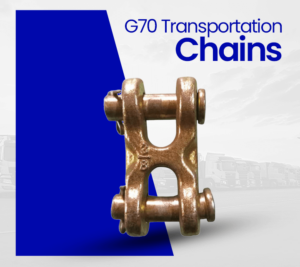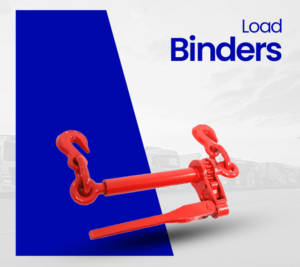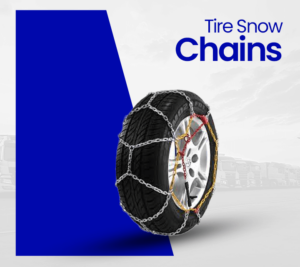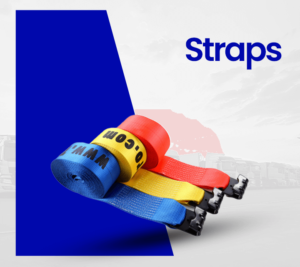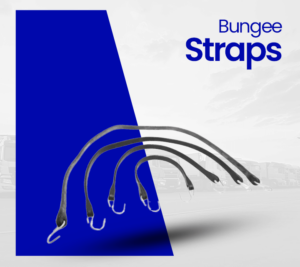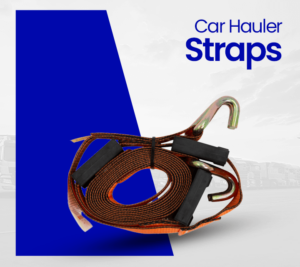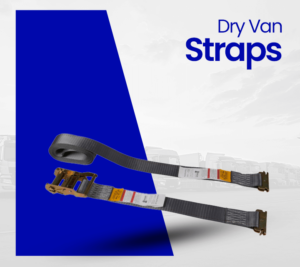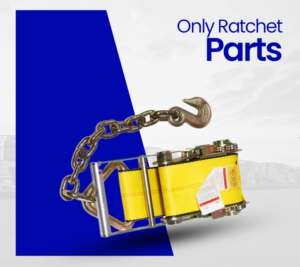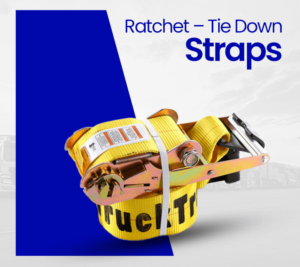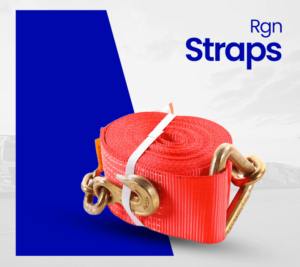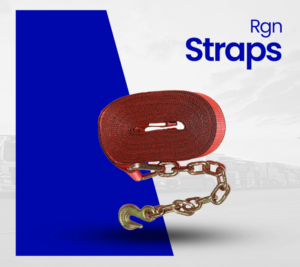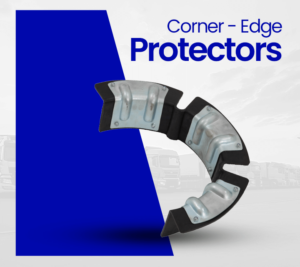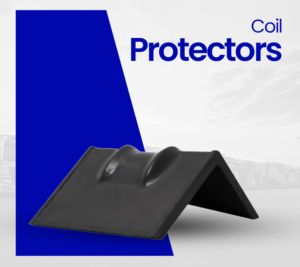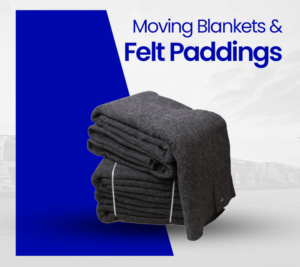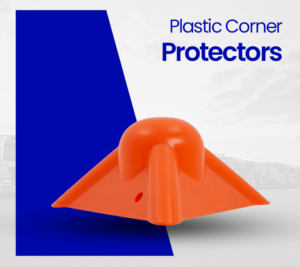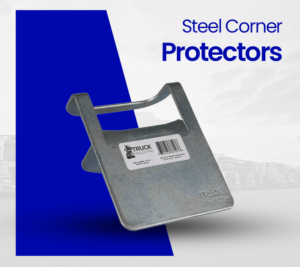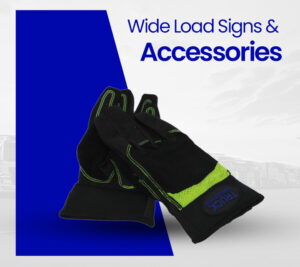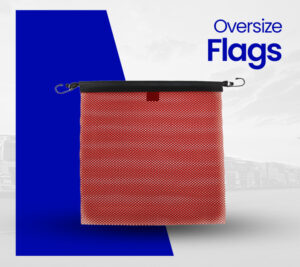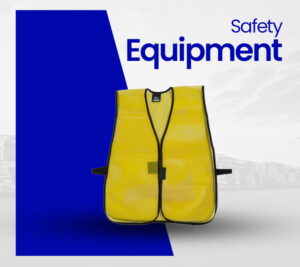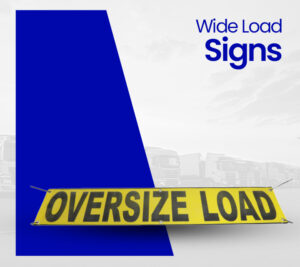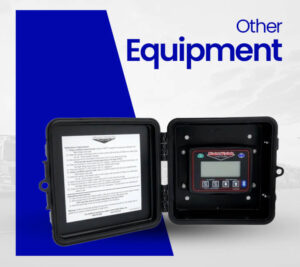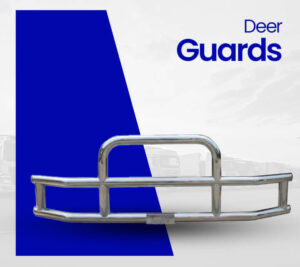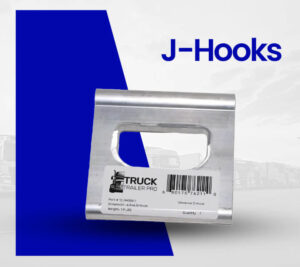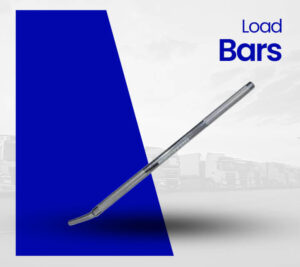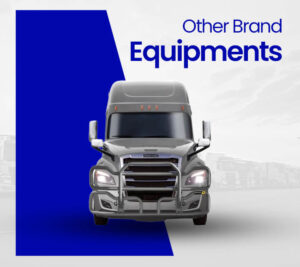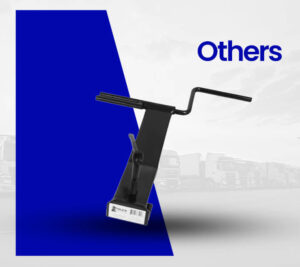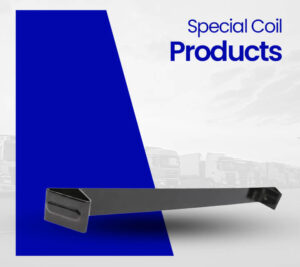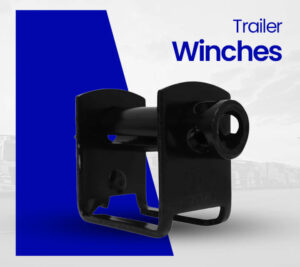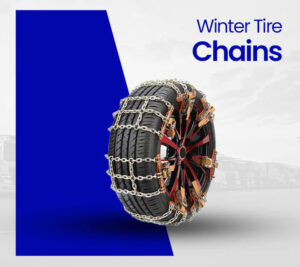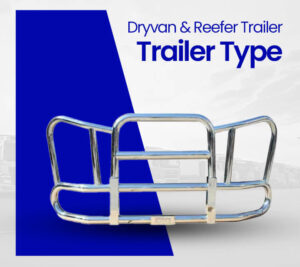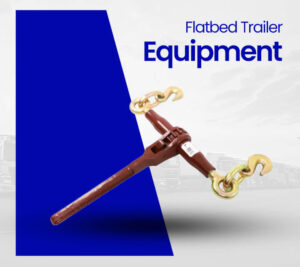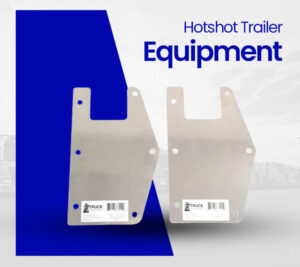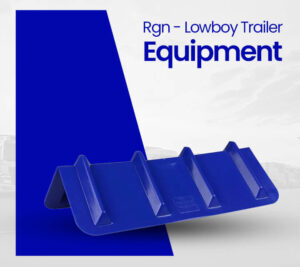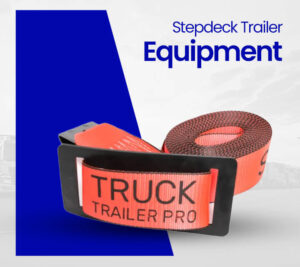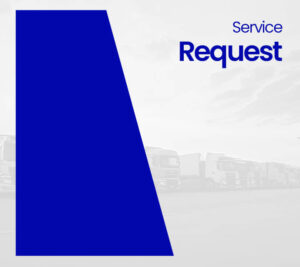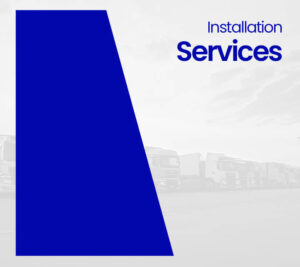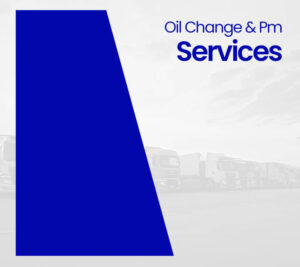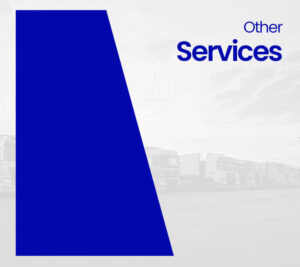
If you are a trucker, transportation can become a nightmare without the right protective equipment for your load. Unexpected weather conditions can hinder you during transportation. Therefore, you need to secure your transport items as it travels from one distance to another and the best way to do is with a tarp.
What You Need to Know About Truck Tarps
There’s a variety in the market contingent upon the reason. For instance, Lumber Tarps are utilized to cover the wood of a flatbed trailer. Steel Tarps are made to protect steel products like wires and sheets. Coil Tarps is the best way to protect coils of aluminum and steel which is constructed by connecting a rectangular panel with two rounded panels.
Tarps are mainly made to secure the cargo on a flatbed trailer from a wide range of external components. Truckers have a duty to deliver the cargo undamaged to its destination, thus they must use high-quality tarps to help them in protecting their heavy cargo. Addition to that, truck tarps help reinforce the security of truck loads and prevent road accidents due to falling cargo.
The texture used to make flatbed truck tarps is designed to oppose tear and abrasion, and to withstand nature’s elements. Anyway, taking great consideration of your tarps and following some protection measures can guarantee a considerably longer life for your coverings and save you money.
Another important issue is that, it is very important how the tarps are used because when the truck is on the road, the wind passes through the flatbed tarp at high speeds from front to end. If the tarp is loosely tied, the high speed of the wind will make it flap back and forth which is also known as Wind Whip. This can even ruin the strong flatbed tarp and to avoid the damage, you must tie the tarp down securely from all sides with straps. In brief, the tarps should be tied down firmly without applying an excessive amount of pressure as that could strain the covering texture.
Even though flatbed tarps are intended to be tear and resistant for any abrasion, padding the sharp edges of your load can essentially lessen the chances of a rip.
Do not forget to check your tarp for estimated small rips or holes. To keep them from spreading, you can repair it immediately buy using a Tarp Repair Kit.
You should clean flatbed tarps in every 3-6 months to avoid any dirt or mildew. Cleaning your flatbed tarps with soap, water and a long broom works perfect.
Visit TruckTrailerPro for more information about Lumber Tarps, Steel Tarps, Coil Tarps, and more.


